The visa-free policy for groups of three or more Chinese tourists was introduced by South Korea amid persistent concerns about anti-Chinese sentiment in Seoul. To welcome the return of Chinese tourists , banners signed by the Myeongdong Tourism Association, Alipay and UnionPay have been hung on streetlights. The association has arranged for about 500 stores (two-thirds of the businesses in the district) to offer a 5% discount to Chinese customers who pay with Alipay or UnionPay.
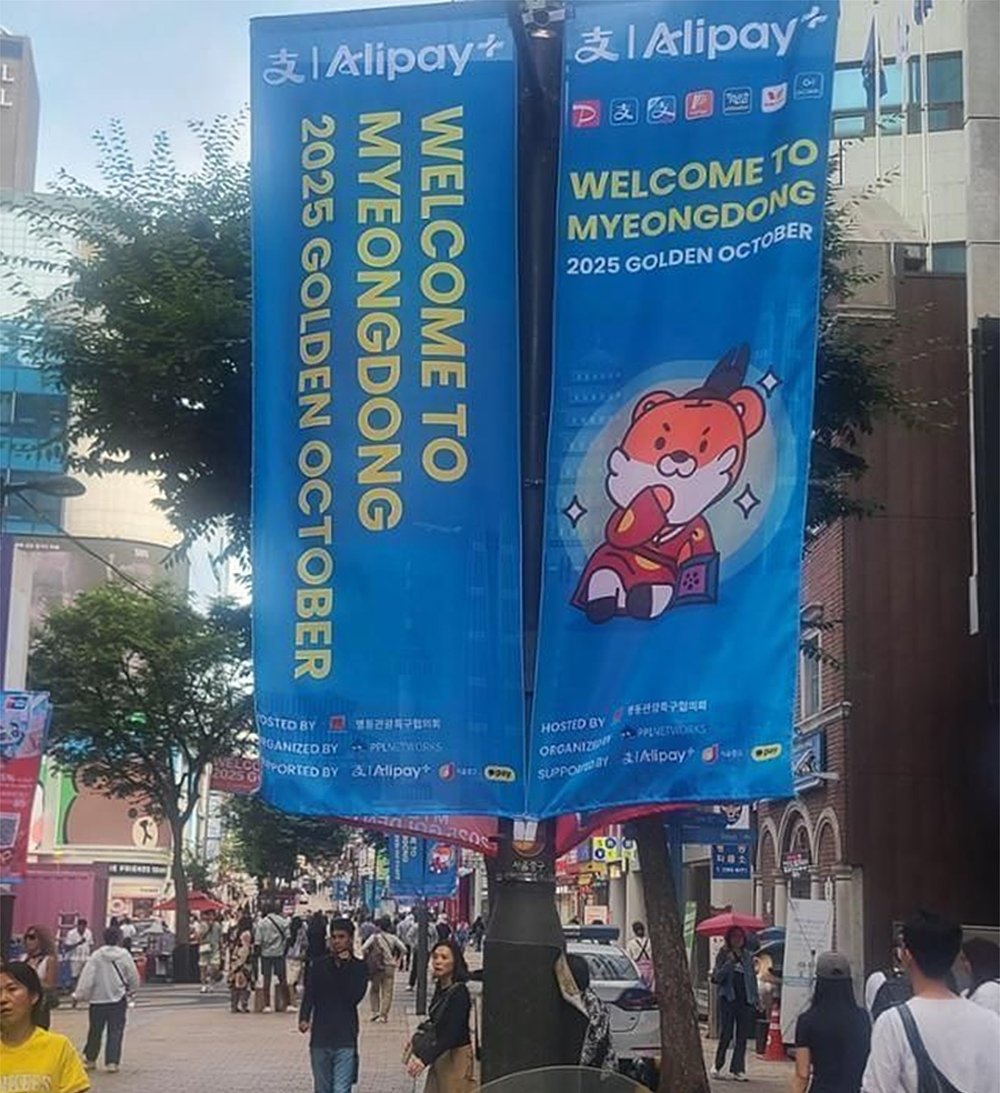
A banner welcoming Chinese tourists hangs in Myeongdong, Seoul. (Photo: Koreatimes)
Li Xiaofan, a Chinese tourist in his 40s, showed off snacks he bought at Bukchon Hanok Village before heading to the duty-free shop and shared: “Usually it takes about a month to get a tourist visa, even if you apply quickly. It’s much more convenient to come to Korea without a visa.”
Liu Yihan, a young tourist from Xiamen who arrived before the visa policy took effect, said regretfully: “If I had known about the visa exemption program earlier, I would have postponed my trip for a few days. Young Chinese who love K-pop will definitely visit Korea more often, and I plan to come back.”
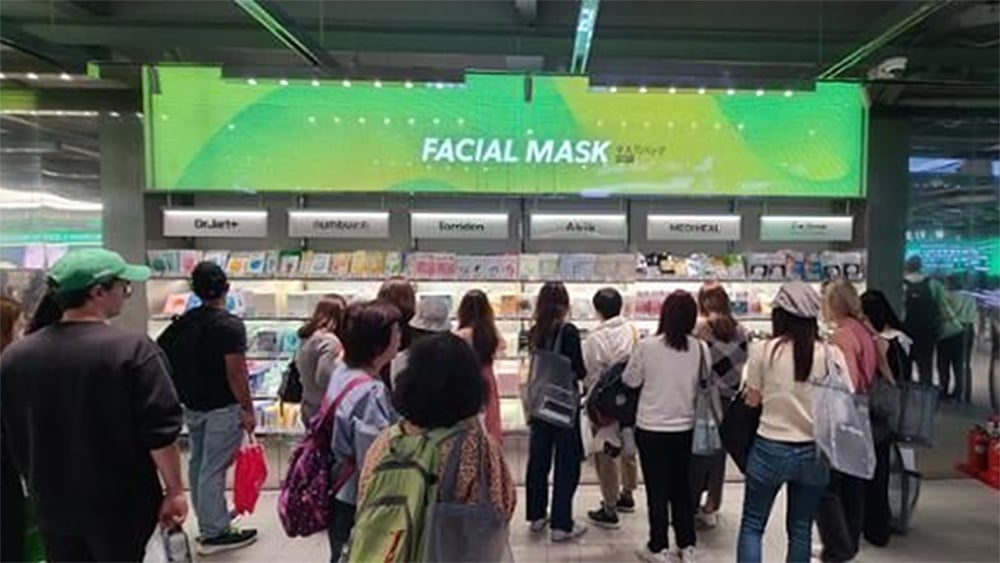
Chinese tourists line up to shop at a mask shop in Myeongdong Town in Seoul. (Photo: Koreatimes).
UnionPay also set up a promotional booth near Myeongdong Theater, offering gifts to users who post proof of card usage on social media, a move that shows Chinese payment companies are expanding their presence in South Korea to capitalize on rising tourism demand.
Olive Young said it has stocked 129 stores in popular tourist areas in Seoul with an amount equivalent to its biggest annual sales event.
Lotte Mart has announced “K-Food Festa” at 10 stores, including its Seoul Station branch, with discounts of up to 50% on items popular with Chinese tourists.
Source: https://bvhttdl.gov.vn/du-khach-trung-quoc-do-xo-den-myeongdong-khi-chinh-sach-mien-thi-thuc-co-hieu-luc-20251001084955781.htm



![[Photo] Keep your warehouse safe in all situations](https://vphoto.vietnam.vn/thumb/1200x675/vietnam/resource/IMAGE/2025/10/1/3eb4eceafe68497989865e7faa4e4d0e)

![[Photo] Hanoi morning of October 1: Prolonged flooding, people wade to work](https://vphoto.vietnam.vn/thumb/1200x675/vietnam/resource/IMAGE/2025/10/1/189be28938e3493fa26b2938efa2059e)
![[Photo] President of the Cuban National Assembly visits President Ho Chi Minh's Mausoleum](https://vphoto.vietnam.vn/thumb/1200x675/vietnam/resource/IMAGE/2025/10/1/39f1142310fc4dae9e3de4fcc9ac2ed0)













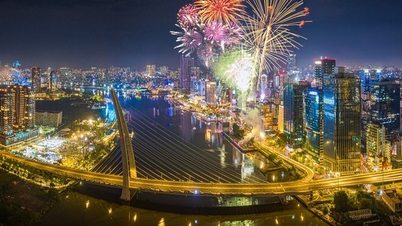


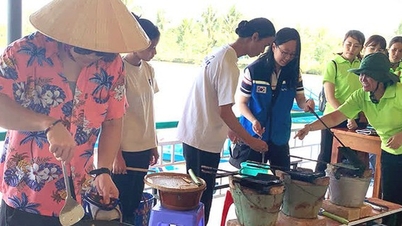
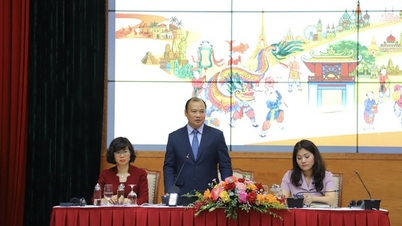






























































Comment (0)